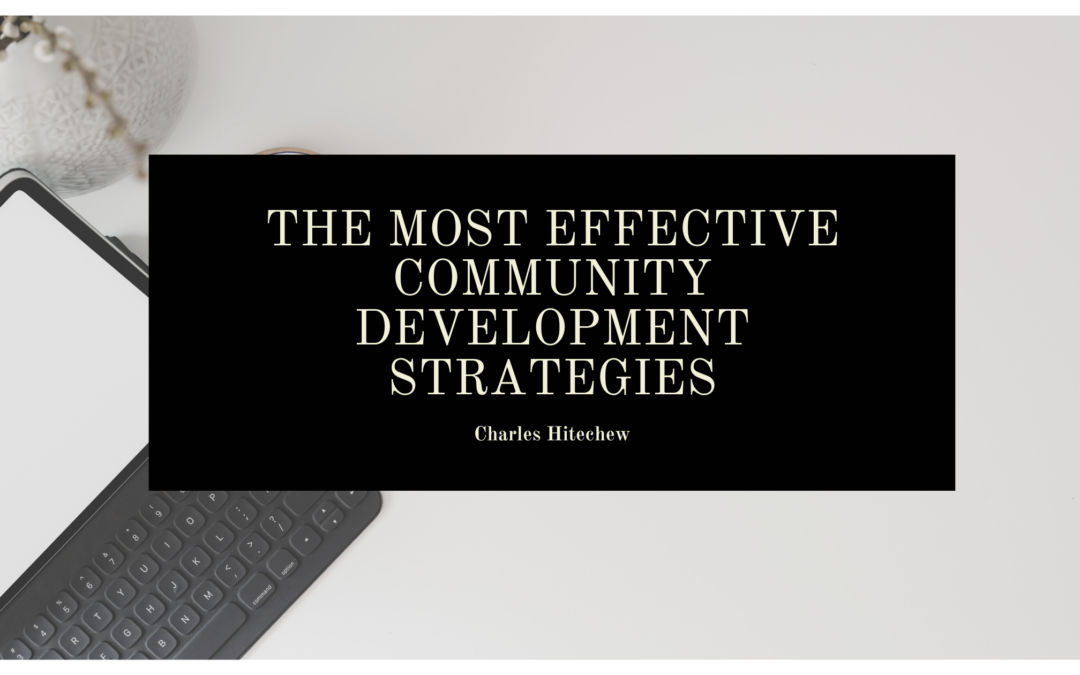Humanitarian assistance and foreign aid have not solved major global issues such as poverty, hunger, and conflict. Recent studies show that these strategies towards alleviating global issues are mere bandages; intrinsic measures are viable solutions.
Community development, contrary to popular belief, determines the ‘how’/strategies for growth. Logically, teaching a man to fish is more durable for sustenance than giving him fish. These experiences build localized social and economic structures; the skills pass onto future generations.
There are various strategies for ending hunger, disease, illiteracy, and poverty.
- Smart Farming for Food Security
The provision of irrigation plans for small scale farmers will increase food production. Most communities are still in the traditional form of agriculture that depends on rain to produce. Additionally, the application of technology in the production of food will hasten and double the returns.
- Scholarships for students
Illiteracy levels in some countries coincide with poverty. While poverty cannot be alleviated overnight, attaining literacy will boost the livelihood of the community. Selecting the most promising students for scholarships will raise literacy levels in a country.
- Provision of Health Education
Most societies crippled with diseases are ignorant on matters of health. If they understood how disease spreads and the available prevention measures, it would go a long way in reducing mortality rates. First Aid care training and reproductive health classes are some of the most efficient community development means. Nutrition classes will also aid mothers and fathers in nourishing their families.
- Financing Local Enterprise
Giving finances to established local businesses act as a cushion against poverty. Despite there being cases of misappropriation of funds, this is the most cost-effective means of reducing poverty. With proper research and consultation, local businesses that utilize local resources have the highest potential. The main reason is their sustainability over long periods.
Finally, the interference by government and donors in community development is the reason for constant failure. External actors in community development should be on the periphery. The local communities should be at the center of operations. They know what ails them; they should have ready solutions to their problems. The constant spoon-feeding of the poor and the victim mentality, lock them in a comfort zone. Community problems should be alleviated not swept under the rag, only to resurface later.

